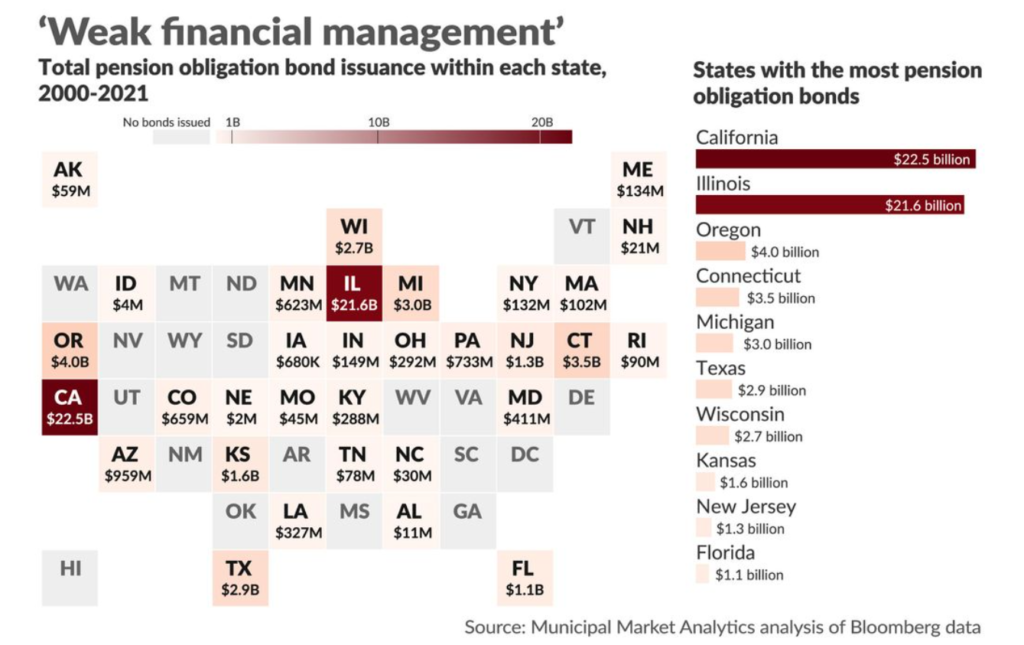Link: https://www.marketwatch.com/story/ill-be-robbed-twice-in-one-lifetime-retirees-fearing-financial-disaster-wait-for-pension-rescue-11630018883
Graphic:
Excerpt:
A law passed in Congress earlier this year promised to reverse some of that damage by offering taxpayer-funded financial assistance to certain troubled pension plans like Podesta-Smallen’s, allowing them to restore benefits to retirees who suffered cuts. But the implementation of the rescue plan has been met with a barrage of criticism from plan trustees, participants and members of Congress who say it’s too tight-fisted with the financial assistance and could leave some plans in a worse financial position than they are in now.
….
When the American Rescue Plan was signed into law in March, many of these struggling plans and retirees with sharply reduced benefits thought their troubles were over. The law is expected to provide about $94 billion to eligible multiemployer plans through a financial assistance program designed to stabilize the plans for decades to come and reinstate previously reduced benefits.
The sense of relief was short-lived, plan trustees and participants say. The Pension Benefit Guaranty Corp., the federal agency charged with protecting the retirement incomes of participants in private-sector defined-benefit pension plans, in early July released regulations detailing the formula for calculating the financial assistance for troubled plans.
In interviews and more than 100 comment letters to the PBGC, plan trustees, consultants, participants and lawmakers say that the rule’s stringent approach to calculating financial assistance means that many plans receiving the assistance won’t make it through the next 30 years as Congress intended, and some won’t even get enough money to cover the benefits they must restore as a condition of getting the cash.
Author(s): Eleanor Laise
Publication Date: 30 August 2021
Publication Site: Marketwatch

